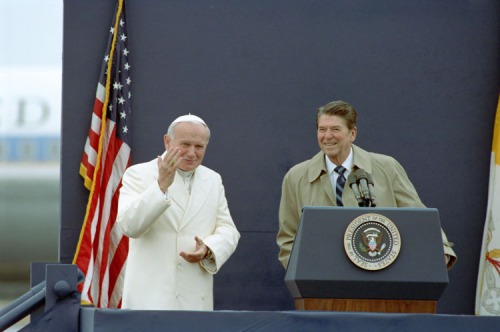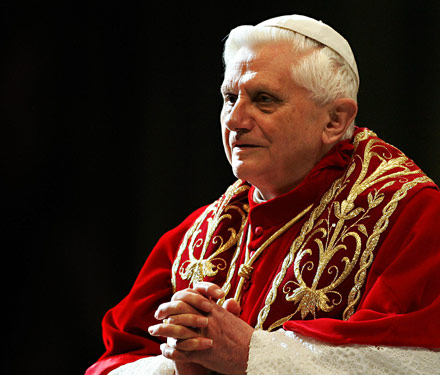The world was witness to a remarkable series of events today with the election of Cardinal Jorge Bergoglio to the head of the Roman Catholic Church as Pope Francis I. Just two days ago, I reflected on leadership lessons culled from past popes, here. I’d like to extend those remarks, focusing on the leadership notes that played out in my eyes in Francis I’s first moments as a world figure – in which he succeeded brilliantly, I believe, in matching word with deed (any leader’s most telling task).
Setting a Tone
Biographical reports on the new pope universally remark on his humble nature – regularly avoiding the trappings of his office as cardinal by taking public transportation to work, and living in his own apartment instead of the bishop’s palace. This humility came through loud and clear in his first action – choosing to wear a simple, wood cross instead of an ornate, bejeweled one. Most tellingly, before he gave his first blessing, he humbly asked for the crowd’s prayers and blessing on him, that he might be strengthened by those he will lead – servant leadership of the simplest but most powerful order. (Wishing the crowd a “good night and a good sleep” in the manner one would speak to an old friend or family member was a simple and endearing moment of the same nature).
Drawing in Your Flock
Putting aside the worldly powers of the papacy, it is – in its essence – a spiritual role, meant to draw the faithful to God. Rather than offering a sermon or Continue reading











